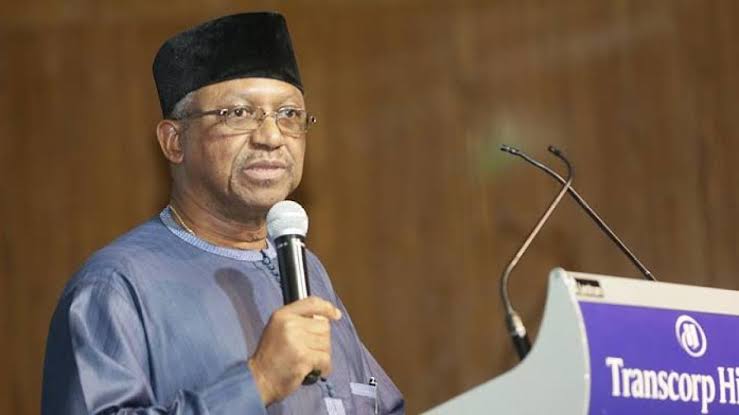By Asmau Ahmad
The Nigeria’s government has approved 12 hospitals for cancer treatment (chemotherapy) in its ongoing cancer access partnership programme.
The country had in 2019, launched the chemotherapy access treatment (CAP) programme that enables cancer patients to save up to 50 percent of the treatment cost.
The Minister of Health, Dr Osagie Ehanire, announced the approval on Thursday, in Abuja to mark the World Cancer Day.
He said under his watch, the health ministry has continued to improve access to cancer care services, especially in diagnosis, chemotherapy and radiotherapy services.
He said the ministry is currently improving services in some hospitals across the country, with installation of radiotherapy machines already in advanced stages in UNTH Enugu, UBTH Benin, UDUTH Sokoto, UCH Ibadan and ABUTH Zaria.
“These would have been completed, but for the hitches caused by the COVID-19 pandemic. I also approved the inclusion of 12 additional hospitals in the ongoing Cancer Access Partnership (CAP) Programme; this will increase the number of hospitals offering this service from seven as at the 2020 World Cancer Day to 18 as at today
“The initial seven hospitals offering the service were National Hospital Abuja, ABUTH Zaria, AKTH Kano, OAUTHC Ile-Ife, UCH Ibadan, LUTH Lagos and UNTH Enugu.
“The additional hospitals are FTH Gombe, UPTH Port Harcourt, UBTH Benin, UITH Ilorin, UCTH Calabar, AEFUTHA Abakaliki, JUTHJos, UDUTH Sokoto, FMC Birnin Kebbi, NAUTH Nnewi, ABUTH Bauchi and Kalgo Medical Centre in Kebbi.
“The CAP programme also improved from nine molecules from one manufacturer to 20 products in 29 formulations from three manufacturers.’’
According to him, the ministry successfully developed a national chemotherapy safety (ChemoSafe) policy in 2020, which will be launched soon.
He said: “We also developed a national hospice and palliative care policy to address the palliative care need of cancer patients and other patients that may need the services. This policy will also be launched this year.’’
The minister added that the government established the cancer health management fund in 2020 to demonstrate its commitment to improving access to cancer care services.
He said the government had already developed indigent patients’ selection criteria to ensure that only those who needed the fund benefit from it.
“This is meant to complement other patients assisted programmes like the National Health Insurance Scheme (NHIS) and the CAP programme.
“We are currently working out modalities to ensure that almost all cancer care services are covered by NHIS,” he said.
Dr Ehanire asked stakeholders in the cancer ecosystem to join hands with the ministry to take the war against cancer to the next level.
He said, globally, there is a continuous rise in cancer cases especially in low and middle-income countries, including Nigeria.
“According to available statistics from our cancer registries, the age-standardised incidence rate (ASR) in males started rising at age 35-39 years and peaked by 70 – 74 years, while the rise in females started at age 25-29 years and peaked at 65-69 years between 2009 and now,” he said.
“We have also started seeing increased incidence of childhood cancers, especially haematological cancers in our facilities.”
In addition, he said the ministry has also intensified efforts to ensure wider accessibility and availability of Human Papilloma Virus vaccine through the National Primary Healthcare Development Agency (NPHCDA) within 2021.
He said: “This will target our young girls and boys (9-13 years of age) to eliminate Human Papilloma Virus (HPV) which is known to be responsible for over 70 per cent of cervical cancer cases.”


